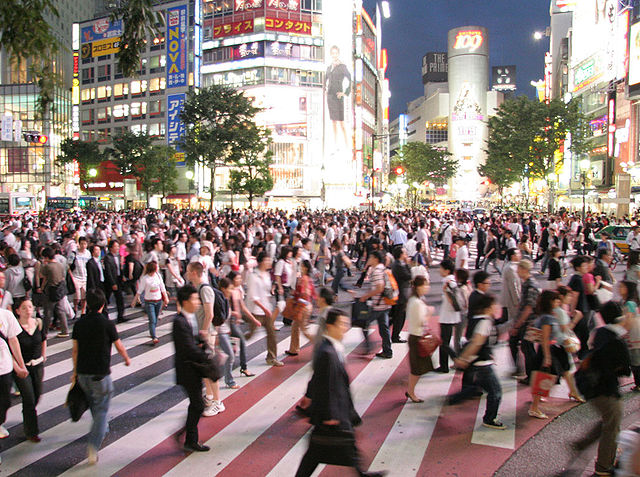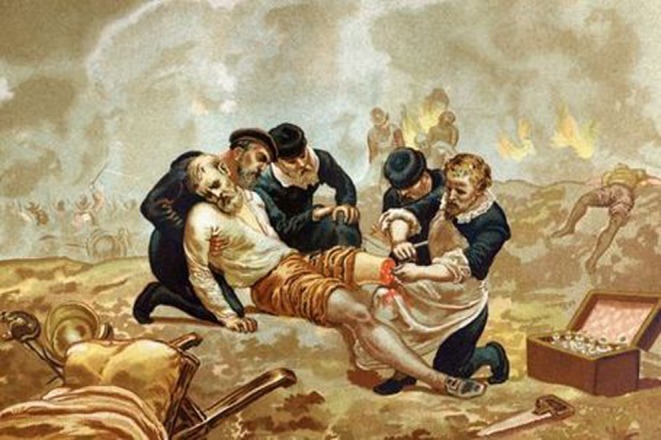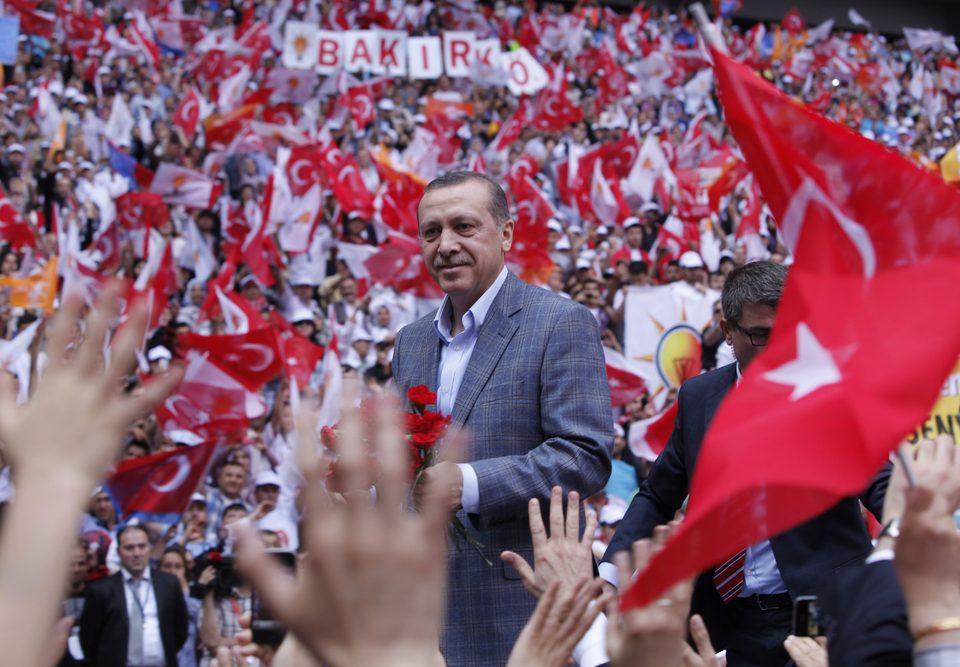


Disability: from public action to life experiences
26 September 2017
How waste disrupts power relations in Lagos
28 September 2017This feature presents some of the most critical issues facing megalopolises today, especially the ones transforming their governance models.
- in terms of problems: globalization, segregation, gentrification, the emergence of new megalopolises, cultural policies, spatial mobility, industrial transformations, , infrastructure, logistics, renovation, informal sectors, corruption, the fight against poverty, local democracy, social movements. They also deepen the topic covered here State-city relationships, the integration of migrants, smart cities, housing, risks, security issues. catastrophes.
- In terms of areas – cities and territories – most often studied comparatively: Mexico, São Paulo, Madrid, London, Lima, Manila, Greater Paris, South Africa, Northern Italy, USA, India, Pakistan, Nigeria and struggling areas in France and in Europe.
Pursued in a multidisciplinary spirit, they are grouped under the Cities are back in town program that was formed by a team including researchers from all backgrounds: see the directory of research on cities
Une offre pédagogique diversifiée
A diverse course offering
Studying cities without teaching their driving forces would not make much sense, since research and teaching mutually benefit each other. Seeking to answer the multiple urban issues and preparing for a wide range of professions, our Urban School offers different courses:
- Master of Urban and Regional Policies and Strategies
- Urban Policy Dual Degree, a joint Sciences Po / LSE programme
- Master in Governing the large metropolis
- Dual Master’s Degree Comparative Urban Governance
- Urban Planning Programme
- Executive Master of Metropolitan Governance
- Options to pursue a PhD
Last but not least, Sciences Po offers two free MOOCs:
- Cities are back in town: urban sociology for a globalized world (in English with Spanish subtitles). Designed for students and professionals, this MOOC addresses the various dimensions of the evolution of cities in a historical perspective.
- In search for Greater Paris (in French). This live MOOC was created with Urban School students. Designed for all audiences, the MOOC gives a voice to actors on the ground, explores controversies, analyzes documents, etc.




